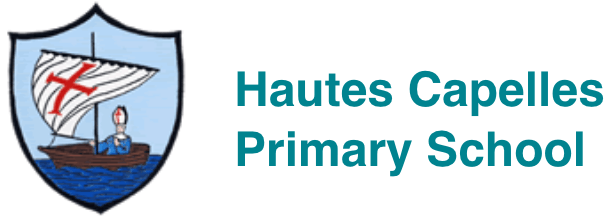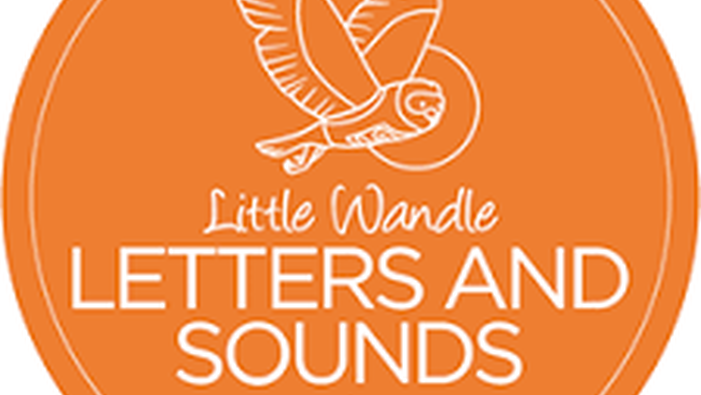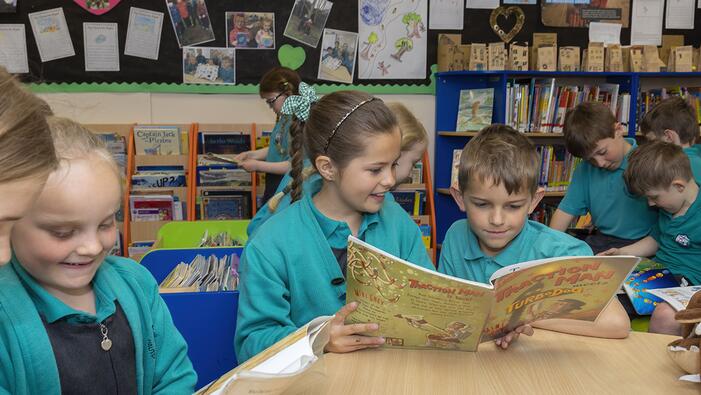English, communication and language is vitally important. We believe children have the right to be taught to become literate and to be empowered through their literacy.
Reading, writing, speaking and listening are essential skills in enabling children to achieve across the whole curriculum- laying foundations for active involvement in society, work and lifelong learning.
English helps our learners at Hautes Capelles to develop their imagination, see the world through the eyes of others and read and write for pleasure.
We aim to teach our children to communicate effectively in a range of media and become increasingly fluent and accurate in expressing their thoughts and emotions becoming more skilled in generating ideas, solving problems and thinking critically and creatively. By creating and responding to all kinds of texts, including those which combine words, images and sounds, this offers access to the world of knowledge and imagination and generates lasting enthusiasm and enjoyment.
Language and communication skills open up possibilities, enabling children to engage with different cultures and societies and develop their understanding of how languages work.
Our learners should build secure knowledge of the following:
- How language is used to express, explore and share information, ideas, thoughts and feelings.
- The power of language and communication to engage people and influence their ideas and actions.
- How language works: its structures and conventions, variations in use and changes over time.
Learning in this area should include an appropriate balance of focused subject teaching and well-planned opportunities to use, apply and develop knowledge and skills across the whole curriculum.


